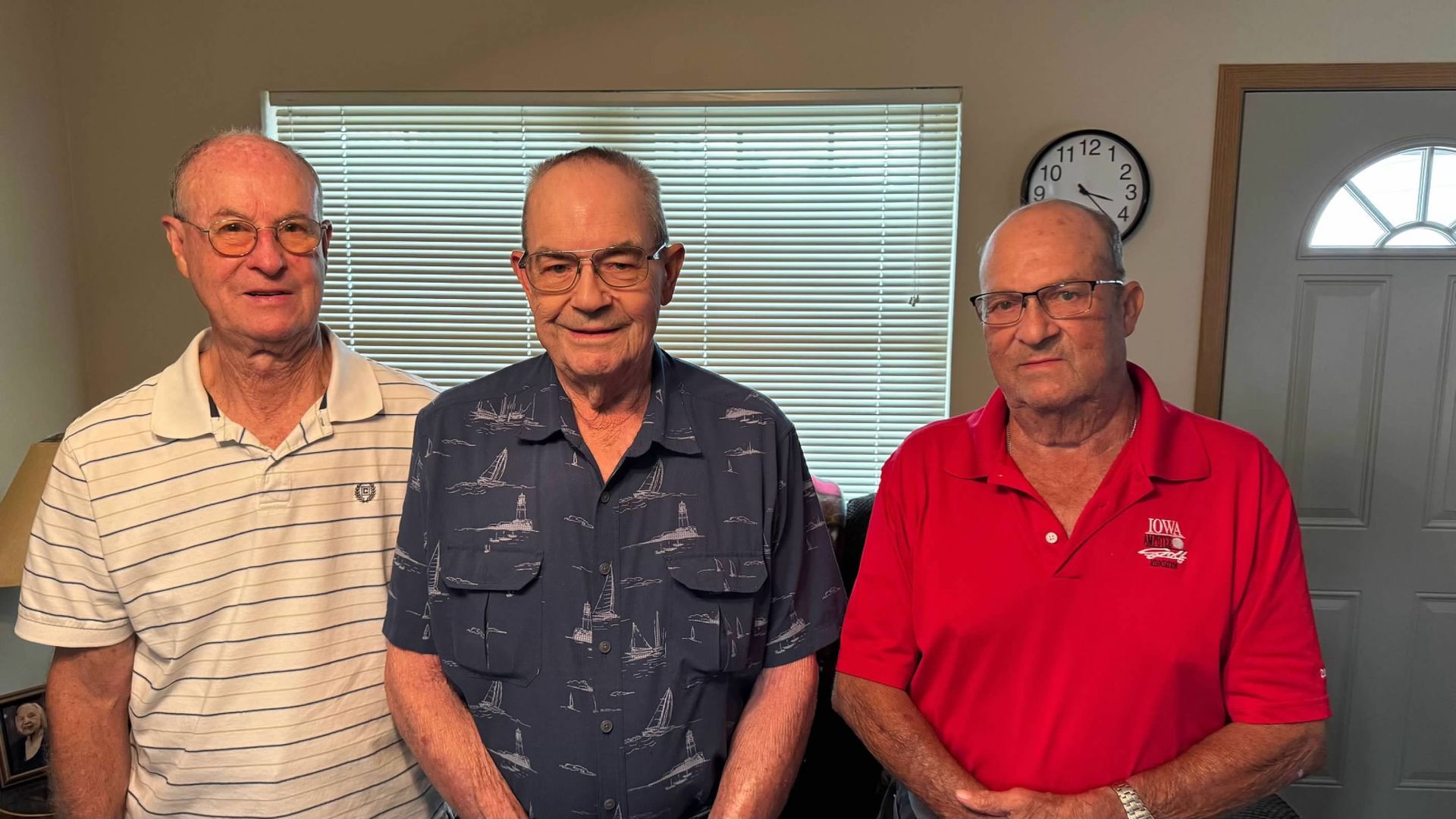Don’t Dwell on Limitations
Throughout my childhood, because I grew up in the same small town that my parents and grandparents had lived in for decades, I knew almost everyone I saw, everywhere I went. Even most of those I didn’t know knew me. Because the town was rural, and my family did almost everything within its borders, I could go weeks without seeing a stranger. That insulated environment was particularly comforting for a kid whose body never worked quite right.
I could walk the halls at my school or the city streets, and no one stopped and stared. Everyone knew that I was “the kid with the bad wheel,” and because I didn’t let my handicap limit me, they treated me no differently than any other kid in town. Back then, I could almost completely forget that I had a handicap. Now, I can’t.
Readers of this blog know that my handicap has aged my body beyond its 54 years. On unfamiliar terrain, I use a cane when walking short distances. For longer distances or in environments where I fear a fall, I use a wheelchair. Now, even among friends and family, my handicap is something I must acknowledge.
When dealing with a handicap or any other personal weakness, there is a fine line between acknowledging the challenge and dwelling on it. Ironically, that was on my mind when I recently visited Loup City to do a couple of signings for my book, Marginal.
Though it’s been almost forty years, I was once a fixture on main street Loup City. I worked in the town’s only pharmacy, and shopped and socialized in other establishments up and down the street. Back then, because I was surrounded by familiarity, I rarely even thought about my handicap. On my recent visit, though I was still surrounded by that familiarity, I was a little self-conscious about the changes in my mobility.
Because my visit coincided with the town’s annual festival, there were more people than normal on main street. In that crowd were many of the people who hadn’t seen me in decades, and who remembered me when I walked without any assistance on any type of terrain. Though everyone was extremely kind, I could see surprised reactions as I rolled past in a wheelchair.
When I saw those looks, I felt compelled to explain that the wheelchair isn’t an everyday thing – that I still go to the gym and move around my house without any assistance – but doing so felt defensive. Besides, it really wasn’t necessary. The wheelchair doesn’t define me, any more than the cane or my wobbly gait does, and most people know this.
One thing that I’ve learned over my years is that most people are more kind and understanding than we give them credit for. While we might occasionally dwell on our imperfections, the people we meet often look past them, which makes dwelling on them a huge waste of our energy.
No one is perfect, and everyone knows this. Remember that when you’re feeling self-conscious about your imperfections, and you’ll be much happier and self-assured.

